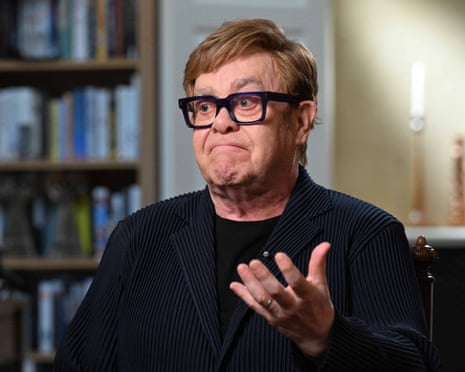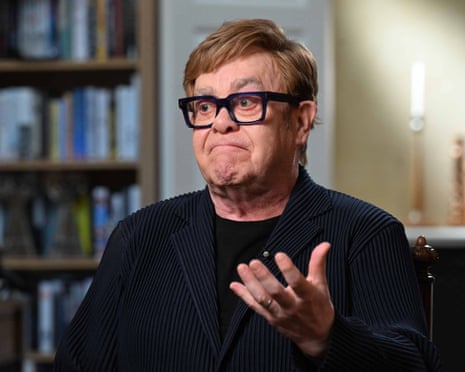Sir Elton John has strongly condemned the UK government’s plans to allow artificial intelligence (AI) companies to use copyright-protected work without permission, describing the proposals as a ‘criminal offence’. In an interview with BBC One’s Sunday with Laura Kuenssberg programme, John stated that the government was on course to ‘rob young people of their legacy and their income’ and vowed to take ministers to court if the plans were not changed.
John specifically criticized Technology Secretary Peter Kyle, calling him ‘a bit of a moron’. The singer-songwriter expressed his outrage at the government’s intention to alter copyright law in favour of AI companies, stating, ‘It’s criminal, in that I feel incredibly betrayed.’
Background of the Controversy
The government’s consultation proposes allowing AI firms to train their models on copyrighted work without permission, unless copyright holders explicitly opt out. This move has been met with opposition from creative professionals who fear it will undermine their rights and income.
House of Lords Vote
The controversy follows a House of Lords vote on a proposal by crossbench peer Beeban Kidron, which aimed to require AI companies to disclose their use of copyright-protected content. Although the amendment received significant support, it was later removed by the government in the Commons.
Government’s Stance
A government spokesperson defended the proposals, stating that no changes to copyright law would be considered unless they were ‘completely satisfied they work for creators’. The spokesperson also highlighted a recent commitment to conduct an economic impact assessment of the proposals, which would explore ‘the broad range of issues and options on all sides of the debate’.

Elton John’s criticism comes amid concerns that the government’s close relationship with big tech companies could influence its decision-making on AI regulations. Last week, Kyle was accused of being too close to tech giants after analysis revealed a sharp increase in his department’s meetings with companies like Google, Amazon, and Meta since Labour won the election last July.
The issue remains contentious as the UK government navigates the complex balance between promoting AI development and protecting the rights of creative professionals.


